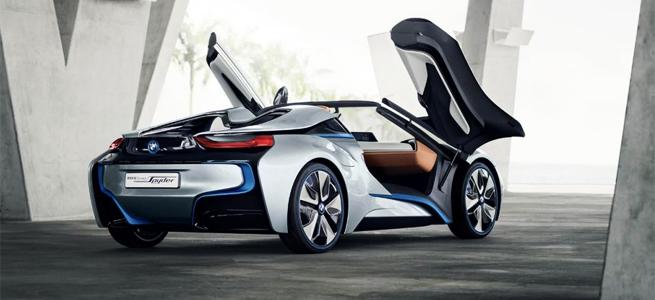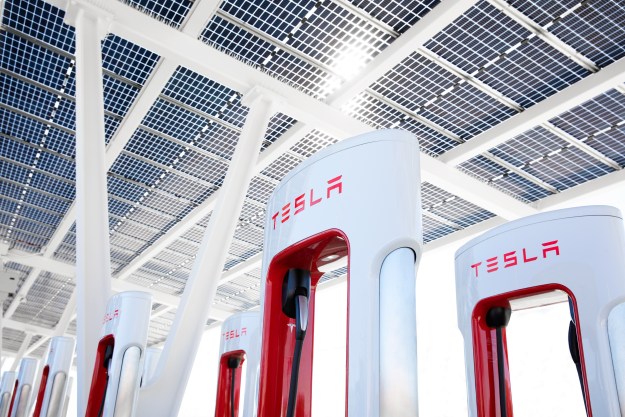
Ionity is a collaboration between BMW, Ford, Daimler, and Volkswagen, with plans to install 400 high-power charging (HPC) stations across the continent by 2020. The network has already begun, with 20 stations planned in Norway, Germany, and Austria before the end of 2017. The charging stations will be placed at 75-mile intervals, and another 100 are planned for 2018.
The stations will be placed in partnership with European convenience stores Tank & Rast, Circle K, and OMV. CEO Michael Hajech said the effort will expand the range of electric vehicles to make long-distance electric car travel a reality.
“The first pan-European HPC network plays an essential role in establishing a market for electric vehicles,” he said in a press release. “Ionity will deliver our common goal of providing customers with fast charging and digital payment capability to facilitate long-distance travel.”
, each of the fast charging stations will cost about $233,000. The venture has drawn interest from energy specialists like ChargePoint and global conglomerates such as Siemens.
The network uses the European standard Combined Charging System and several cars can recharge at the same time. The brand-agnostic format means it can be used by a wide array of vehicles. The chargers have a capacity of 350 kilowatts (kW) per station, more than double Tesla’s current “second generation” chargers, which max out at 145 kW. Most other “fast-charging” stations have a capacity of approximately 50 kW.
With this move, the automakers are clearly trying to take on Tesla and its Supercharger Network, which already has 350 stations operating in Europe.
However, CEO David Martell of the British company Chargemaster, which has a 300-station network in the U.K., said the charging speed is a number that needs to be evaluated in context, noting that current models don’t even have that capacity. “While some vehicles in the future may be able to charge at 350kW, this will not be the case for most vehicles,” he told The Telegraph. “Unlike when refueling a car, drivers can do other things while their EV is charging, so the charging time is not as great an issue as it is sometimes portrayed.”
Currently, the four major automotive partners (with VW-owned Audi and Porsche also included) each have equal shares in the venture, although other car companies are invited to join in and add their expertise to help expand the network even further.
Editors' Recommendations
- Kia reinvents the van with its electric Platform Beyond Vehicles
- The fastest electric cars, ranked by 0-60 mph acceleration
- The cheapest electric cars you can buy
- Tesla recalls 363,000 of its vehicles over safety issue
- Mercedes EV charging hubs are coming to North America by the end of the decade


